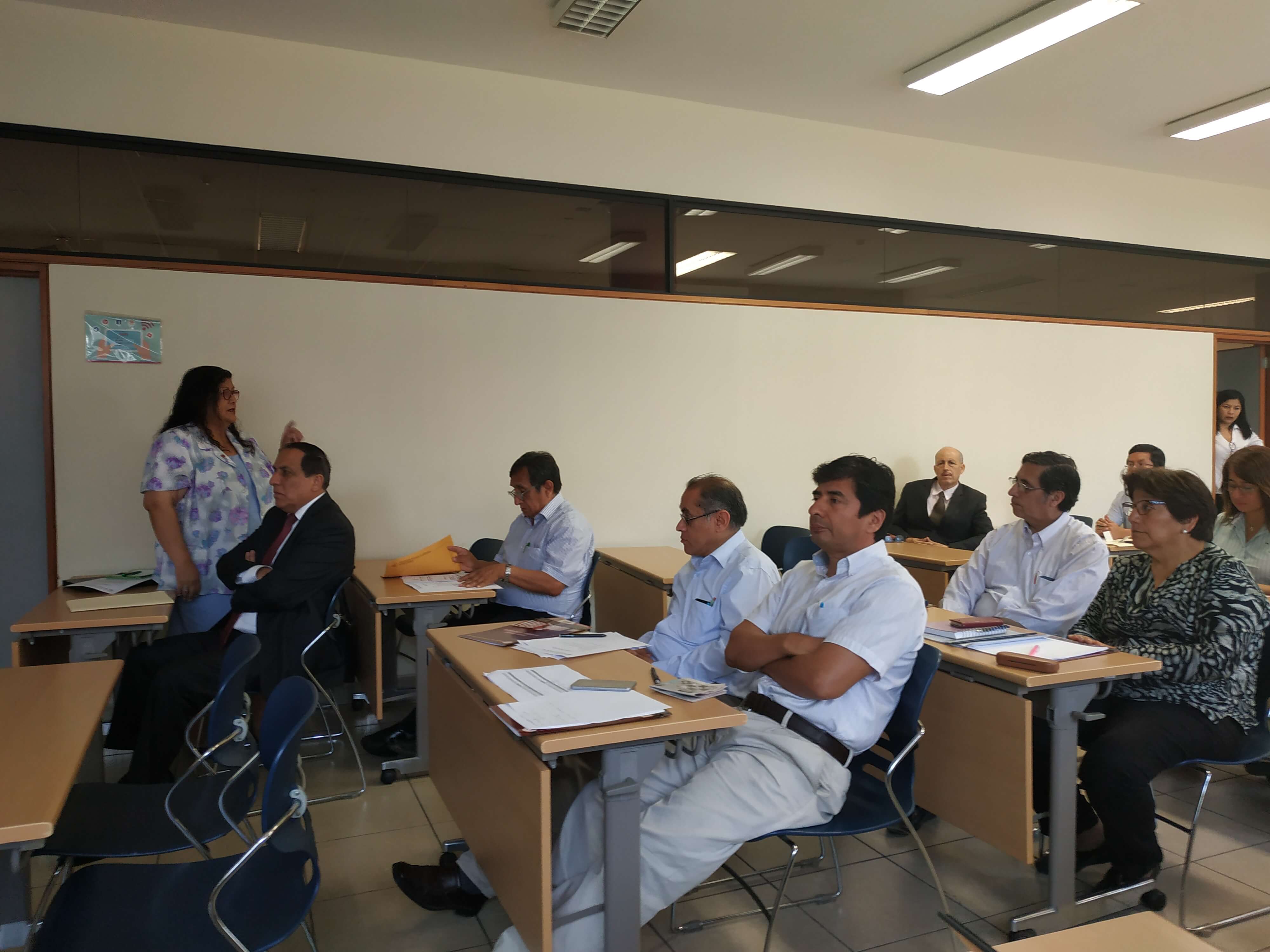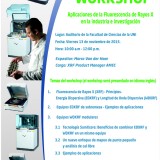1. Problem Solving
Identify, formulate and solve science and technical problems properly applying the knowledge of mathematics and science, and technical topics relevant to basic and applied Mathematics.
| Criteria |
| Identify and diagnose problems and prioritize them according to their impact and relevance. |
| Propose and compare adequate and realizable solutions. |
| Evaluates and select the proper solution with sustainability and economic rationality criteria. |
| Correctly apply the concepts and methods of mathematics and sciences for the formulation, description and solution of problems. |
| Operate and use equipment, instruments and software required for Mathematics practice. |
2. Design
Formulate and design a system, process, procedure, program or component satisfying requirements and needs, as well as given technical, economic, social and legal constraints.
| Criteria |
| Interpret requirements and needs and translate them into the formulation of a Mathematics design project. |
| Formulate and analyze the specifications of a design project considering technical variables, as well as realistic economical, social, legal and environmental restrictions. |
| Propose and evaluate solution alternatives to select the most adequate satisfying requirements and constraints. |
| Make use of applicable methods, techniques, norms and standards. |
| Present and describe the solution through specifications, maps, graphs, drawings, diagrams and virtual simulations. |
3. Experimentation and Testing
Conceive and conduct experiments, validate hypothesis, analyze data and interpret results, and apply scientific judgment to draw conclusions.
| Criteria |
| Determine objectives and restrictions of the experiment or test to be performed. |
| Determine the required equipment, tools and software applications according to the experiment or test to be done. |
| Discriminate the relevant variables of an experiment, relating, measuring and quantifying them, and determining their tolerances. |
| Analyze and process data and results using proper concepts, statistical method and criteria. |
| Draw coherent and logical conclusions with scientific criteria. |
| Use the scientific method for developing experiments, and research projects. |
4. Communication
Communicate clearly and effectively in oral, written and graphical formats, interacting with different types of audiences.
| Criteria |
| Express their ideas clearly and concisely using the adequate technological support. |
| Elaborate clear and precise technical documentation using norms, symbology and terminology proper of the application field. |
| Adjust their speech according to the type of audience for getting a proper understanding and interpretation. |
| Read technical documentation in English. |
5.a Ethics and Responsibility
Evaluate their decisions and actions from a moral perspective and assume responsibility for the executed projects.
| Criteria |
| Anticipate the implications of their decisions as well as the results of their actions and projects. |
| Appraise the punctual and responsible fulfillment of their personal and professional duties. |
| Take into consideration community interests and the social benefit. |
| Respect intellectual property and recognizes the authorship of other people works and projects. |
| Know and act according to the professional code of ethics. |
5.b Science Impact
Understand the impact of technical and/or scientific solutions on people, society and environment in local and global contexts.
| Criteria |
| Recognize the role of Mathematics in the progress of society and the wellbeing of people. |
| Identify and appraise the economic and social benefits of Mathematics works and methods. |
| Recognize the importance of Mathematics for the creation and innovation of products and processes. |
| Understand the role of Mathematics in risk prevention and disaster mitigation. |
6.a Teamworking
Appraise the importance of teamworking and participate actively and effectively in multidisciplinary teams.
| Criteria |
| Can perform as leader or active member of a working team effectively participating to achieve the proposed goals and results. |
| Propose and accepts ideas conducting to the achievement of objectives and results. |
| Appraise the differences of opinion, is tolerant and respect agreements. |
6.b Project Fulfillment
Complete and fulfill technical and/or scientific projects in risk and uncertain conditions.
| Criteria |
| Formulate the objectives and restrictions of a project and propose strategies for implementation. |
| Identify the required to complete a project and ensure their availability. |
| Determine the scope of a project, its activities and priorities, and propose execution plans to meet deadlines. |
| Identify the risks and uncertainties affecting a project and propose actions to avoid their effects on the project development. |
7. Environmental Awareness
Take into account the importance of preserving and improving the environment in the development of their personal and professional activities.
| Criteria |
| Promote the use of materials, technologies and processes that are environmentally adequate. |
| Make a rational use of natural resources understanding their importance in the life of people and society. |
| Participates in activities and campaigns for environment and ecosystems conservation and improvement. |
| Promote the sustainable development in their professional activities and apply norms of environmental management. |

 Download
Download








